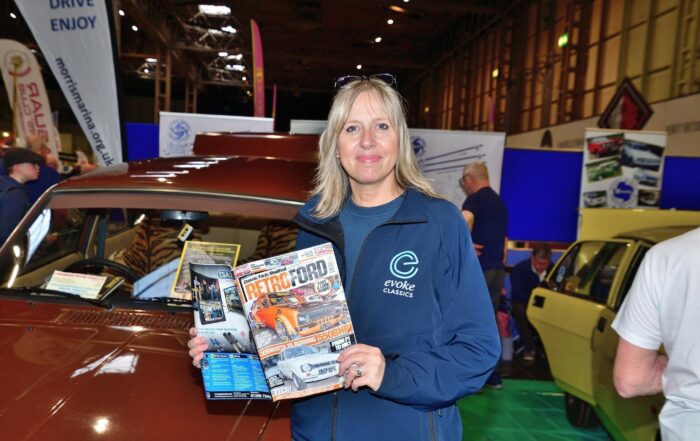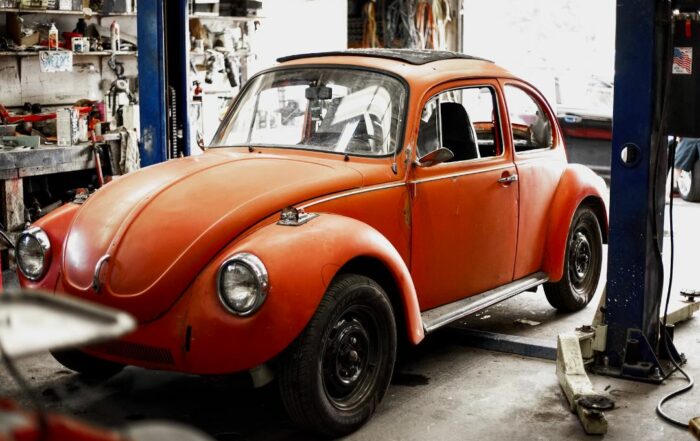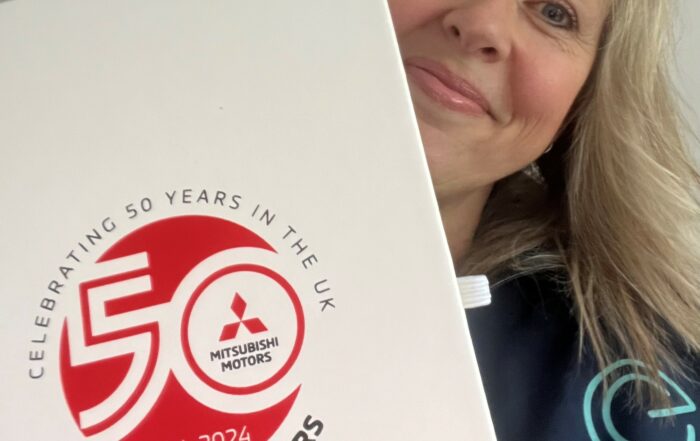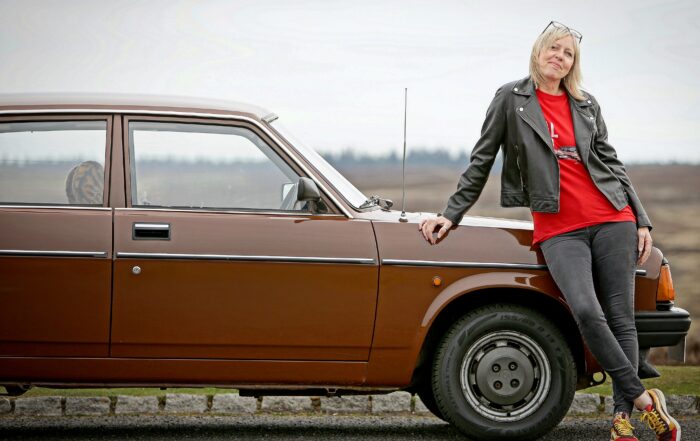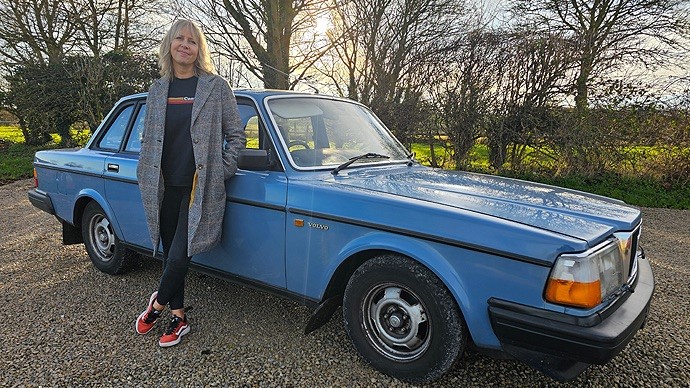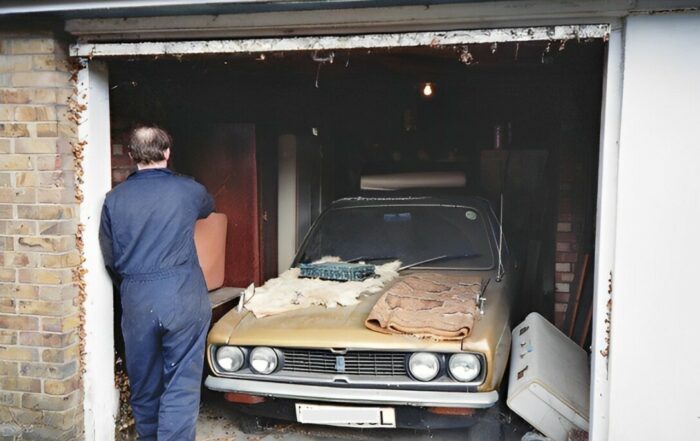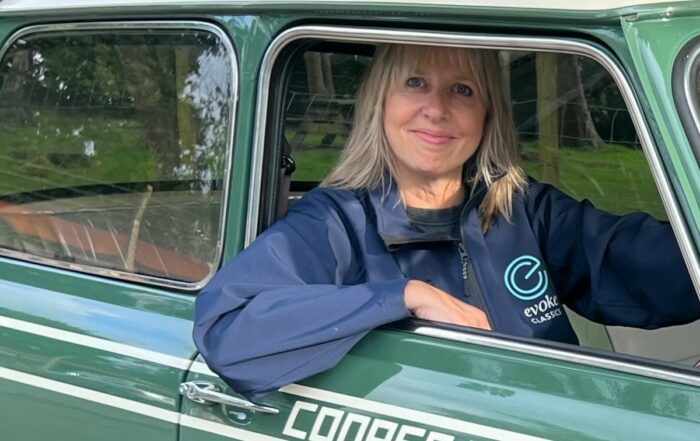The sale of Vauxhall’s former Luton site means that Vauxhall’s renowned 60 vehicle collection will be housed in the interim home at the company’s Ellesmere Port factory in a converted 8,000 sq ft space. The 60-strong Collection represents every decade of Vauxhall’s 117-year history.
Ellesmere Port, is where compact car production for the last 56 years has taken place and current manufacturing site for the Astra. Plant Director, Mark Noble said, “We’re all looking forward to the arrival of these Heritage vehicles, some of which have been manufactured here”.
Once relocation has taken place, the Collection will be maintained on site by local classic vehicle specialist, Manor Park Classics, ensuring all vehicles are preserved while in storage.
However, around 20 vehicles will still be on view outside of Ellesmere Port. Currently, 13 Vauxhalls are on display at Stockwood Discovery Centre in Luton as part of the ‘Vauxhall – Made in Luton’ exhibition. The exhibits include the world’s oldest Prince Henry sports car, the rakish 1966 XVR concept car and a beautifully restored 1970 Viva GT.
In addition, Manor Park Classics will display six cars at their Runcorn HQ in a bespoke Vauxhall Heritage area. ‘We’re excited to play a part in keeping Vauxhall Heritage’s flame burning while it develops its plan for a future permanent base,’ said Manor Park’s Managing Director, Roger Nowell.
Included in Manor Park’s exhibition will be a 1904 6hp Light Car that has entered almost every London to Brighton Veteran Car Run since 1927, a 1926 OE-Type 30-98, owned by Vauxhall for the last 72 years, an original Lotus Carlton press car and a 1989 Astra GTE Mk2.
Vauxhall’s Heritage Centre doesn’t just include vehicles. Ialso houses an extensive archive, going back as far as the late-nineteenth century, when the Vauxhall Iron Works – as the company was then known – was formed, before starting motor car production in 1903.
Andrew Duerden, Vauxhall’s long-time Archivist, is pleased the move will bring more order to the enormous collection of images, records and ephemera gathered over the years. ‘Our upcoming move has given me the opportunity to re-organise the Archive and prioritise the elements which add depth, colour and interest to our extensive history. Digitisation of our image library is ongoing, and provides a valuable asset to media in search of historical context to Vauxhall stories. We also have many unseen design studies from the Sixties and Seventies that, quite frankly, take your breath away. I will also be taking on responsibility for Vauxhall’s popular Dating Certificate service, providing build verification for owners of classic Vauxhalls.’
Plans for the Collection’s future permanent home are underway. ‘Vauxhall is fully committed to preserving its Heritage Collection and Archive,’ said Simon Hucknall, Vauxhall’s Head of PR and curator of the Collection.
‘We are currently developing plans for a new, purpose-built base for the Collection, which will allow it to be public-facing, while also bringing back its working status. We to be able to share more details about a new Vauxhall Heritage Centre early 2021.’
The Collection looks to us have an exciting and sustainable future. We look forward to seeing the new plans and we’ll bring you news as soon as we get it.

